Many people have experienced feeling dizzy or lightheaded after eating. This is a fairly common phenomenon and can be caused by many reasons.
"Dizziness after eating often occurs when we eat too much, eat too quickly or are dehydrated," said SM Fayaz, an internal medicine specialist at Aster Whitefield Hospital (India).
Below are some causes of dizziness after eating, according to the health site HealthShots (India).
Hypotension
A study in the journal Annals of Internal Medicine defined postprandial hypotension as a drop in systolic blood pressure of 20 mmHg or more.
The reason is that the body transfers a large amount of blood to the digestive system to support the process of digesting food. At that time, the amount of blood supplied to the brain will decrease, causing symptoms such as dizziness, lightheadedness, and even fainting.
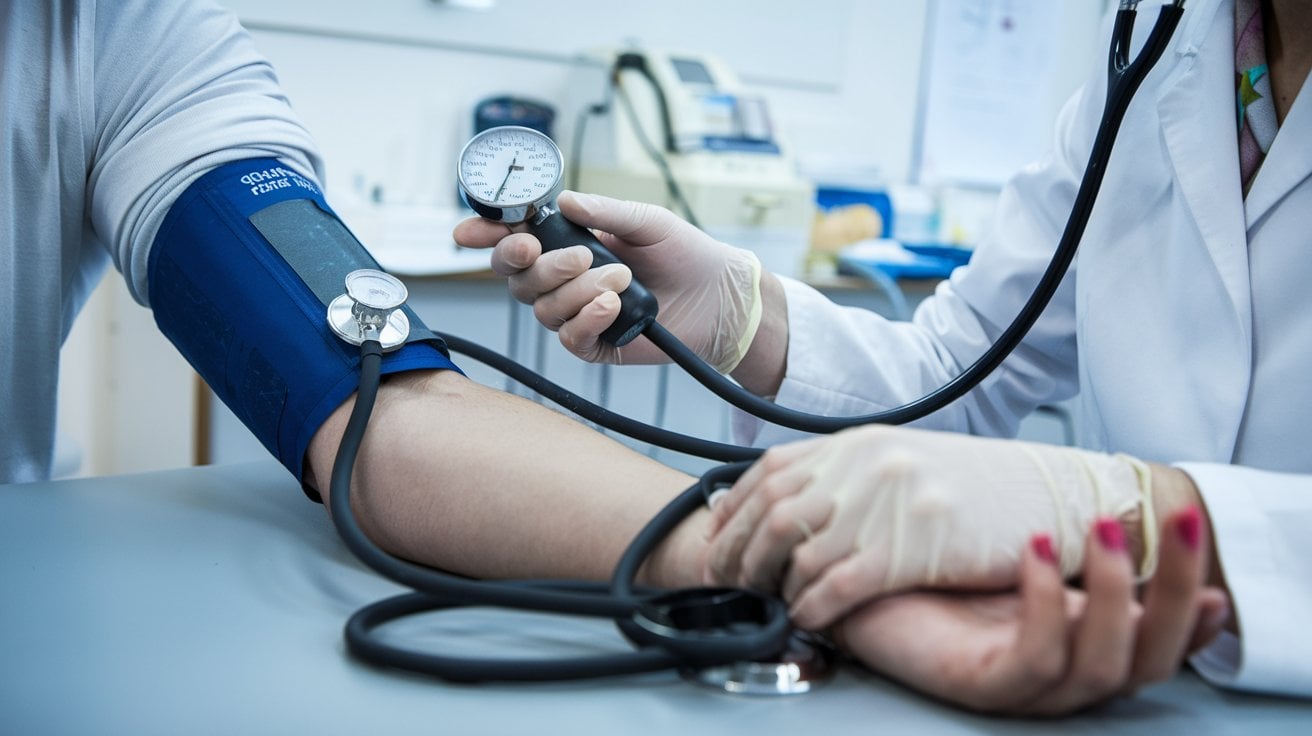
A drop in blood pressure after eating can also lead to dizziness.
Blood sugar imbalance can cause dizziness
Eating too many sweets or starches in one meal can cause blood sugar levels to spike and then fall rapidly. This sudden change can make many people feel dizzy, especially those with diabetes or insulin resistance.
According to the National Institutes of Health, when blood sugar levels drop too low, the body does not have enough energy to function normally, causing symptoms such as dizziness, fatigue, and even confusion.
Dehydration
Dehydration occurs when the body lacks fluids. After eating, the body needs more water to digest food. Without enough water, blood circulation will be poor, causing the brain to lack oxygen and causing dizziness.
In particular, salty meals cause more water loss, easily causing dizziness after eating.

Without enough water, blood circulation will be poor, causing the brain to lack oxygen and causing dizziness.
Gastroparesis
Gastroparesis is a condition in which the stomach takes too long to empty after eating. This can lead to bloating, nausea, and dizziness after eating, according to the National Institutes of Health.
Slow digestion causes discomfort and in severe cases can even impede blood flow, making the person feel dizzy or lightheaded.
eat too much
Eating too much, especially fatty and sweet foods, can cause many health problems.
When you eat too much, your body will focus most of its energy on digesting food, causing blood pressure to drop and dizziness.
In addition, eating too much can easily lead to indigestion, heartburn, and discomfort.
How to fix
To minimize these conditions, try dividing your meals into several small portions throughout the day.
It is also important to drink enough water, especially before, during and after meals.
Additionally, a balanced diet with enough protein, healthy fats, and fiber will help stabilize blood sugar.
Avoid lying down immediately after eating, instead, walk around gently to aid digestion.
If you have diabetes or suspect you have a blood sugar problem, check your blood sugar regularly.
Source: https://thanhnien.vn/tai-sao-mot-so-nguoi-chong-mat-sau-khi-an-185241228204914108.htm






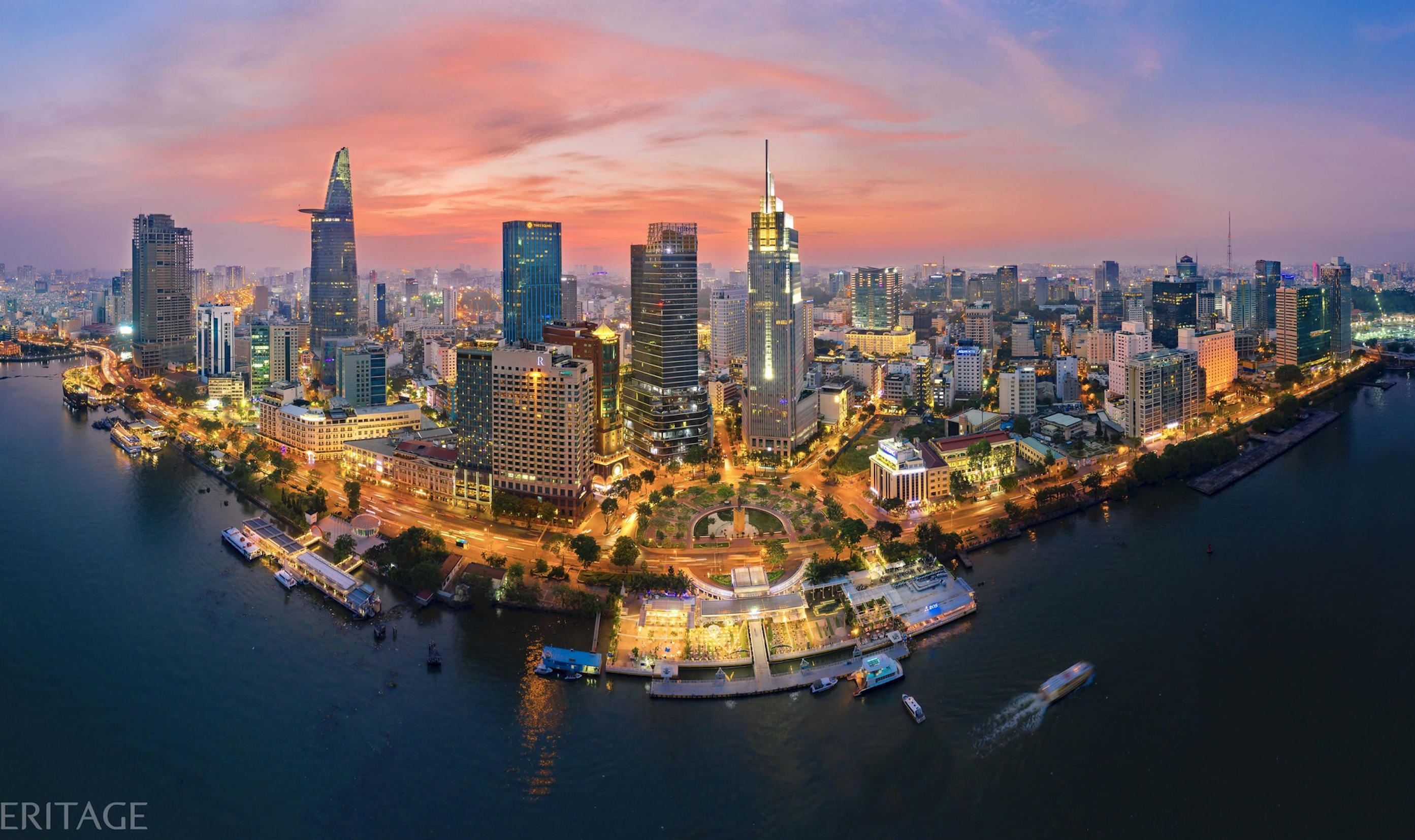







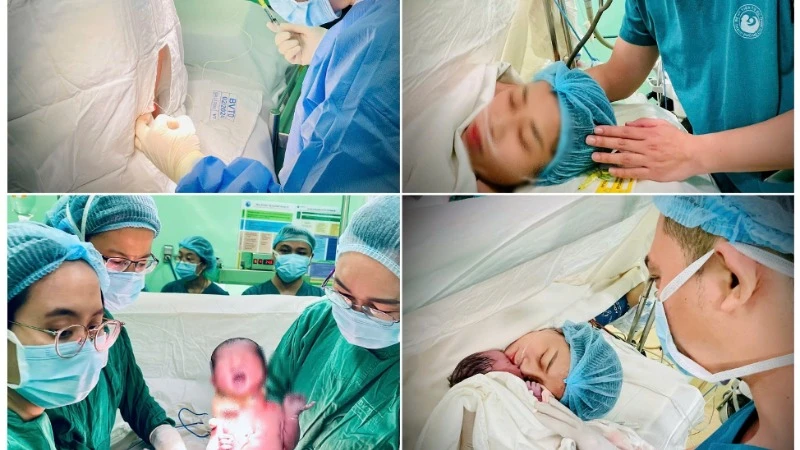

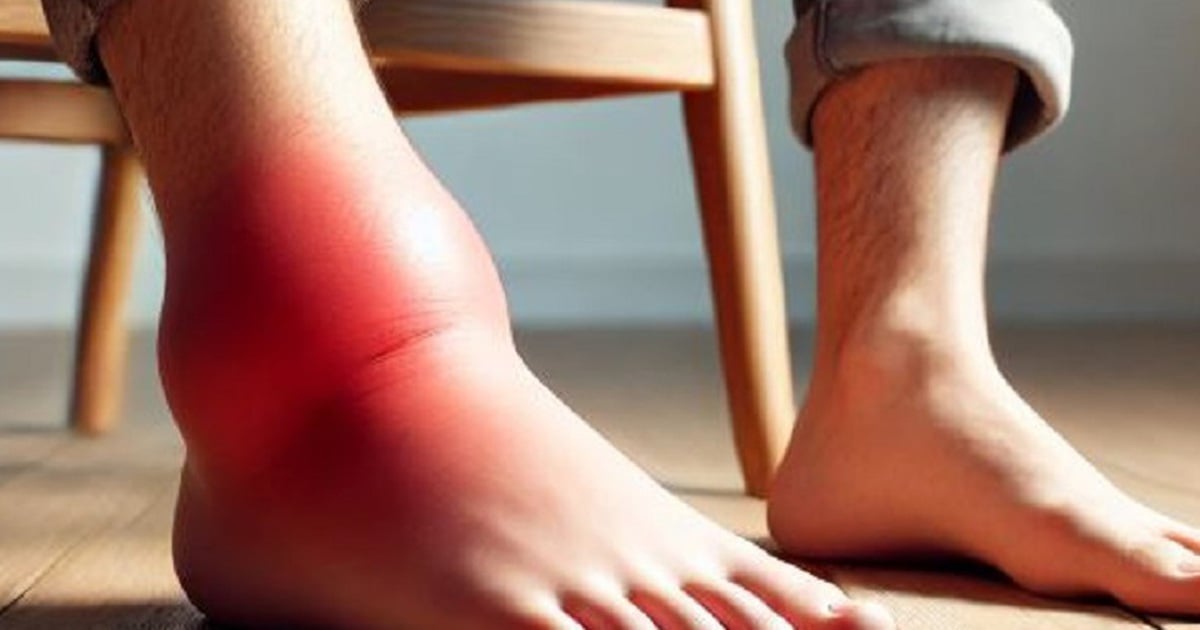
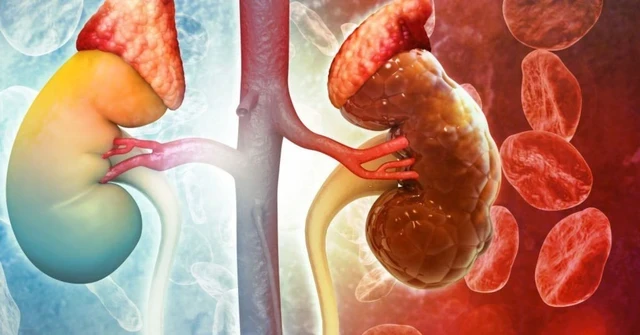
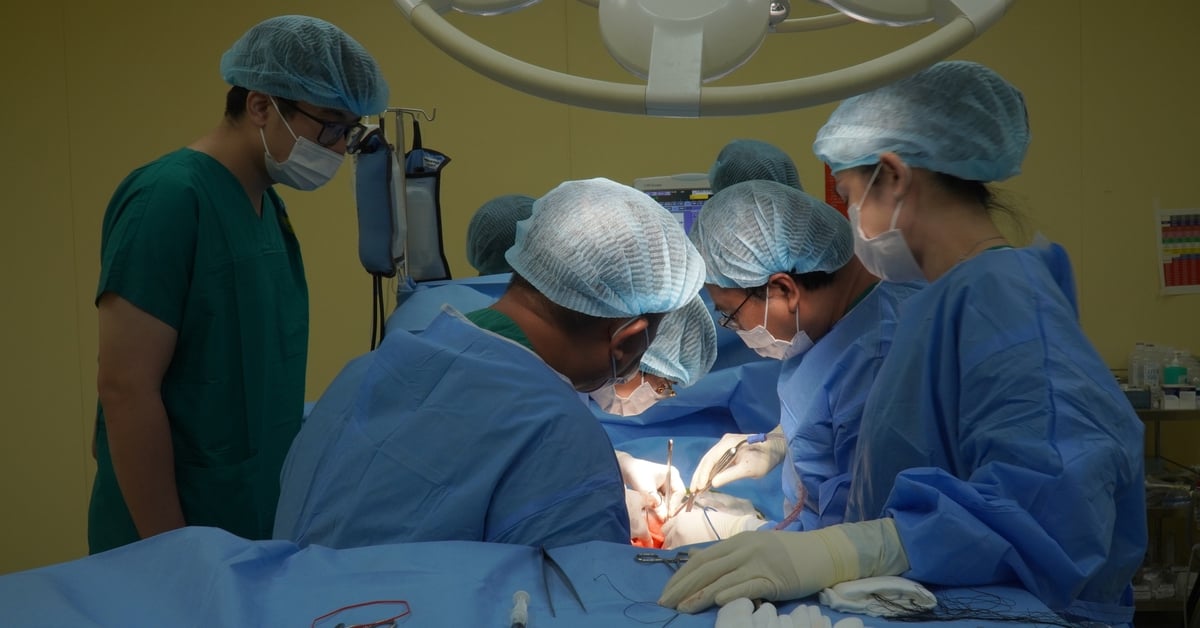








































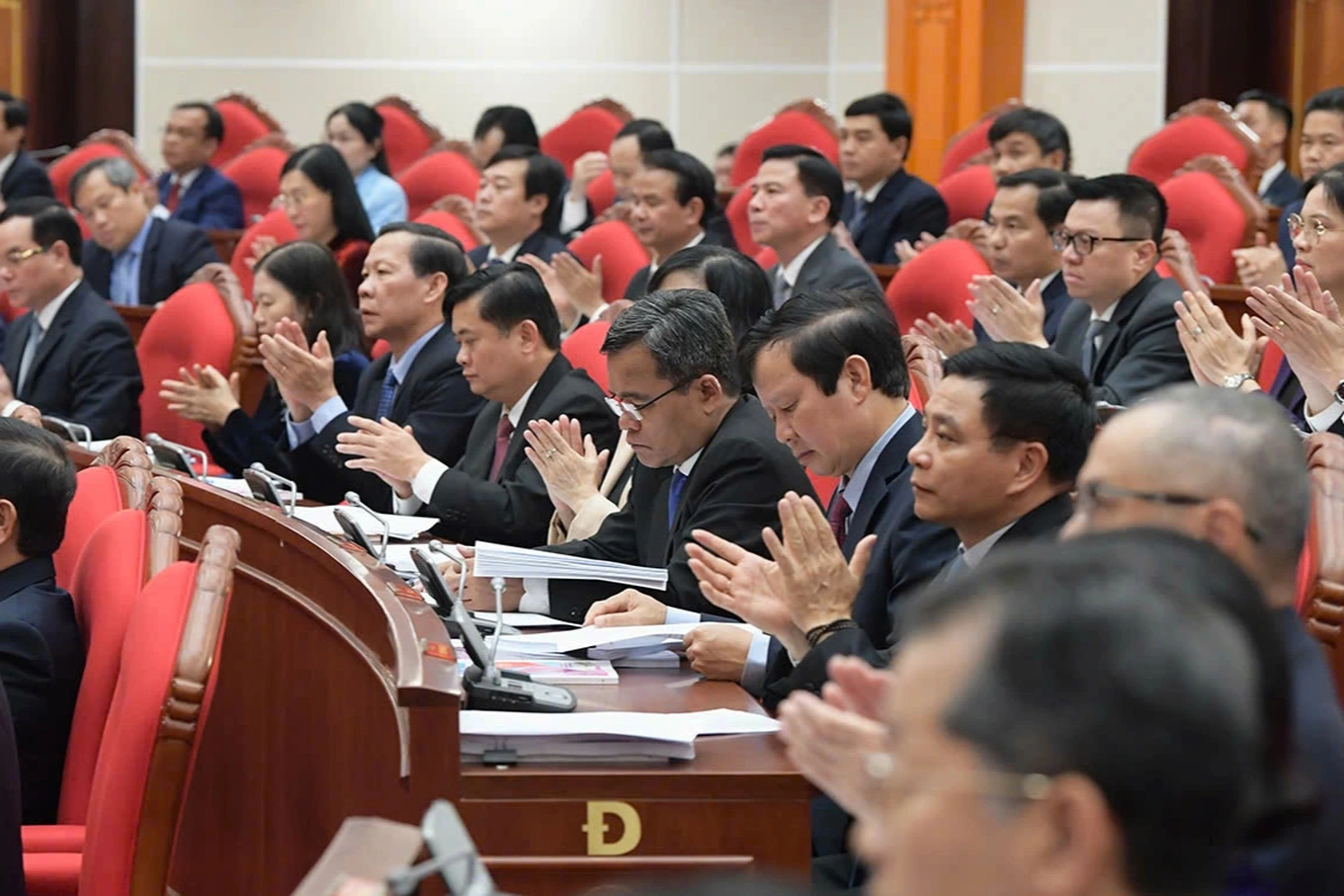













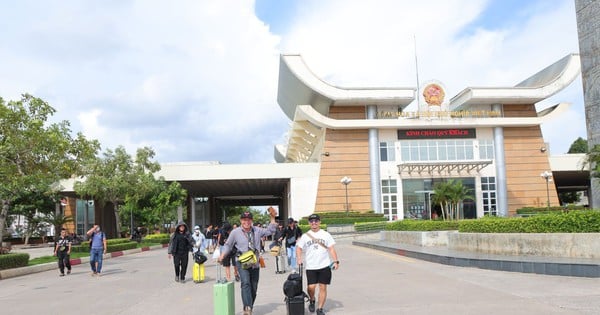









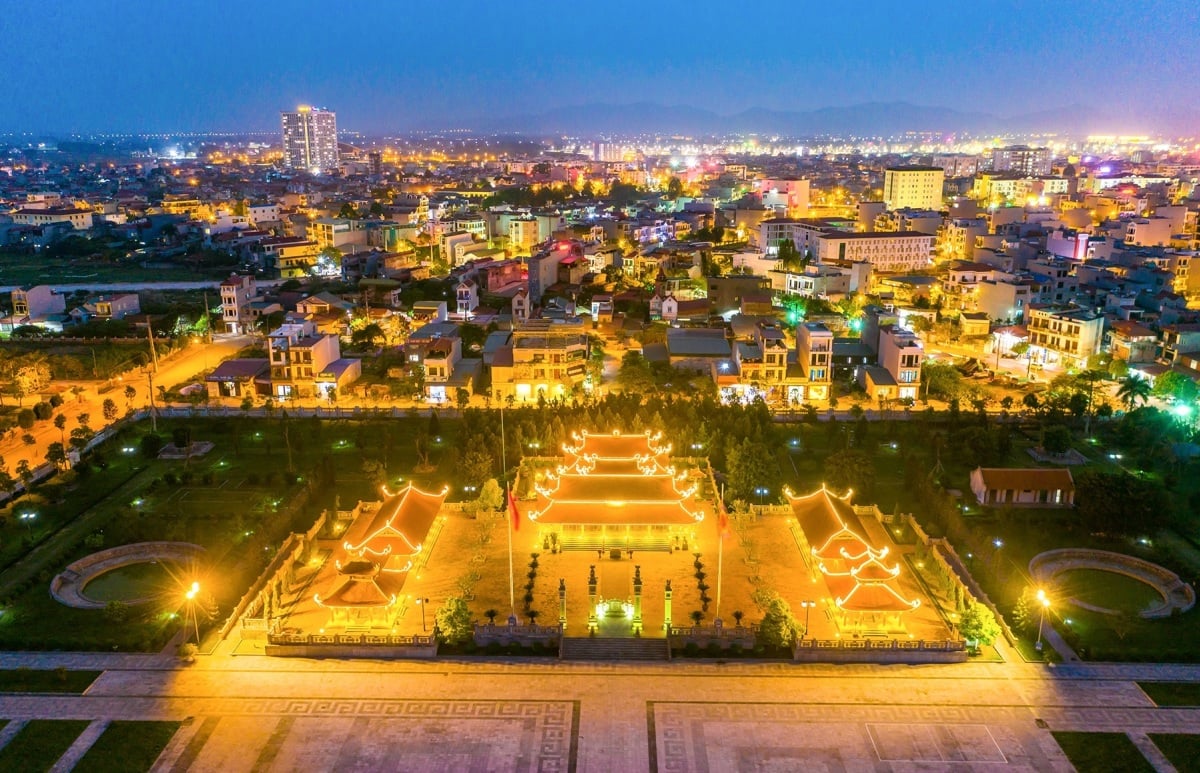






Comment (0)